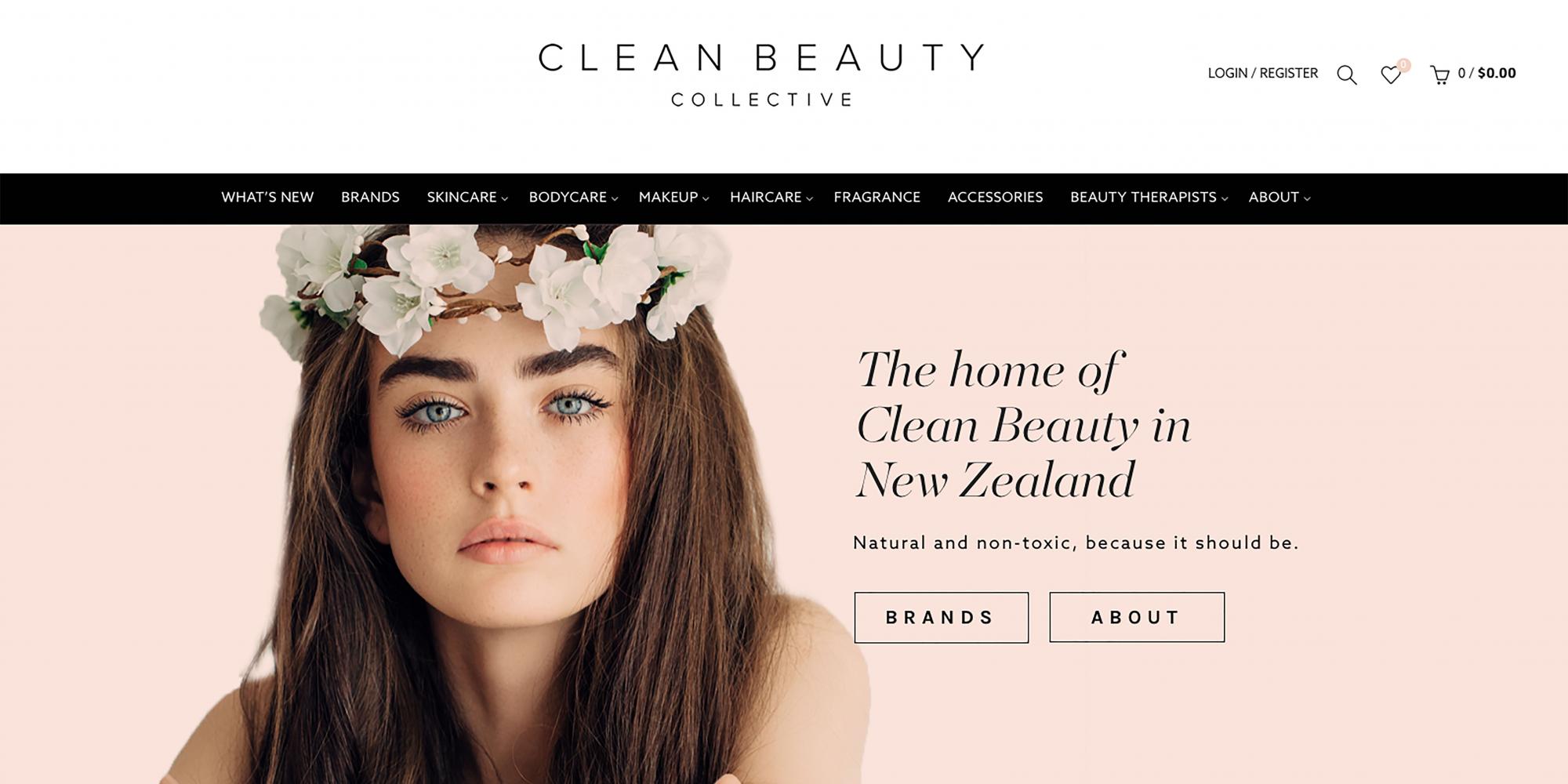
New E-tailer Clean Beauty Collective Wants To Make Clean Beauty A Big Deal In New Zealand
For two decades, Fleur Insley stuck to the conventional path in New Zealand’s beauty industry, working for a prestige personal care distributor before climbing the ranks at L’Oréal in the country to manage marketing for its luxe division.
“I really loved it, but I felt I needed a bit of a break. So, I took time out and did contract work for different companies. It all led me back to cosmetics. I’m really passionate about skincare, and I really love the industry,” she says. “I’ve always been interested in beauty products and being able to make women feel good about themselves, whether it’s through a touch of color or the confidence that comes with great skin.”
Insley has returned to the beauty business, but in an entrepreneurial role that departs significantly from corporate positions she was accustomed to. About 18 months ago, she acquired skincare brand Skin Deep and, while fine-tuning its merchandise, discovered New Zealand lacked a retail platform dedicated to clean beauty brands like it. She’s launched e-commerce destination Clean Beauty Collective as that platform with plans to expand to a physical store within a year.
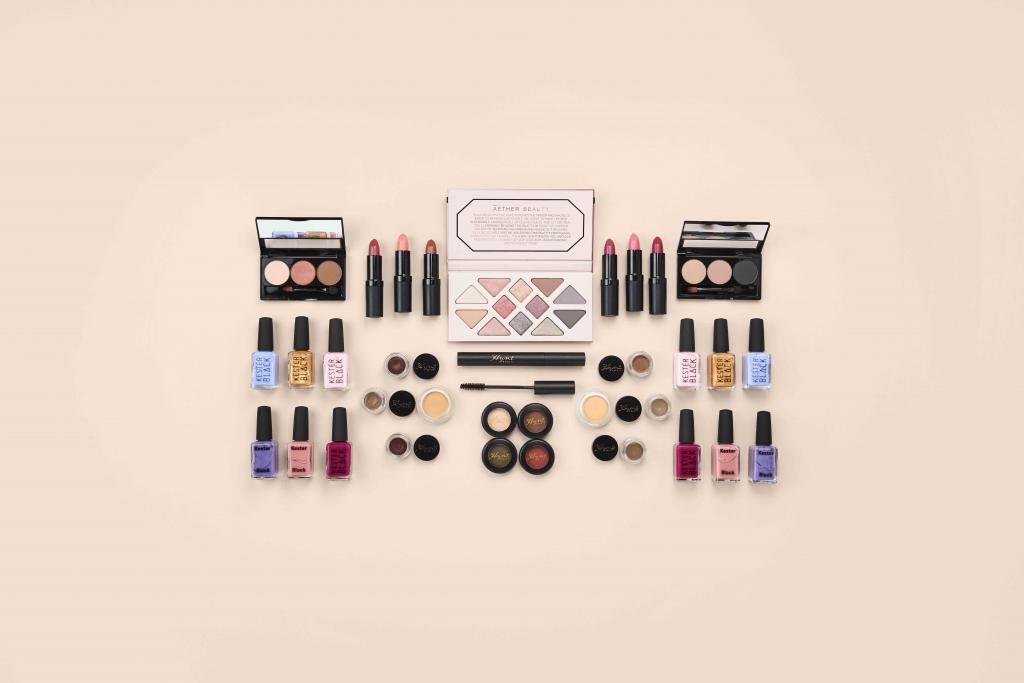
“Going through product development and ingredients, I learned the extent of where clean beauty is on a global scale. It’s relatively unknown in New Zealand. There are no retailers in the space like Credo, Detox Market or Follain. To be honest, most of our retailers here are the exact same ones that were in the retail space when I started in beauty,” says Insley. “It’s a real shame that our retailers haven’t moved with the times, and I thought, ‘It’s a natural fit for me to go and do it. So, why don’t I fill that gap?’”
Clean Beauty Collective is filling the clean beauty gap with a slate of 15 brands expected to climb to 30 next year. Among them are Hynt Beauty, Abel, Ethique, Salt & Stone, Aether, Plant Apothecary, Bawdy, Kester Black, Karen Murrell and Suntegrity. Clean Beauty Collective’s standard for products is that they be safe, not necessarily completely natural. Insley opts for brands avoiding common clean beauty ingredient no-nos such as parabens, phthalates, sulfates, triclosan and artificial fragrance, but isn’t opposed to synthetics grounded in green chemistry.
There are no retailers in the space like Credo, Detox Market or Follain. To be honest, most of our retailers here are the exact same ones that were in the retail space when I started in beauty. It’s a real shame that our retailers haven’t moved with the times, and I thought, ‘It’s a natural fit for me to go and do it. So, why don’t I fill that gap?’”
“I’m a firm believer that there’s a place for safe synthetics. At the end of the day, I want a product that actually works,” says Insley. “If a product doesn’t deliver or show a consumer a change, then I don’t think it will get a repeat purchase. To me, it’s about delivering on promises.”
She vets brands’ ingredient decks with Stacey Fraser, a cosmetic chemist, and former research and product development specialist at natural skincare brand Trilogy. They study the effectiveness, texture and smell of product formulas prior to approving brands for Clean Beauty Collective. After the initial vetting, Insley doles out samples to a diverse group of friends to help inform product selection. She’s also highly attuned to beautiful packaging that pops online.
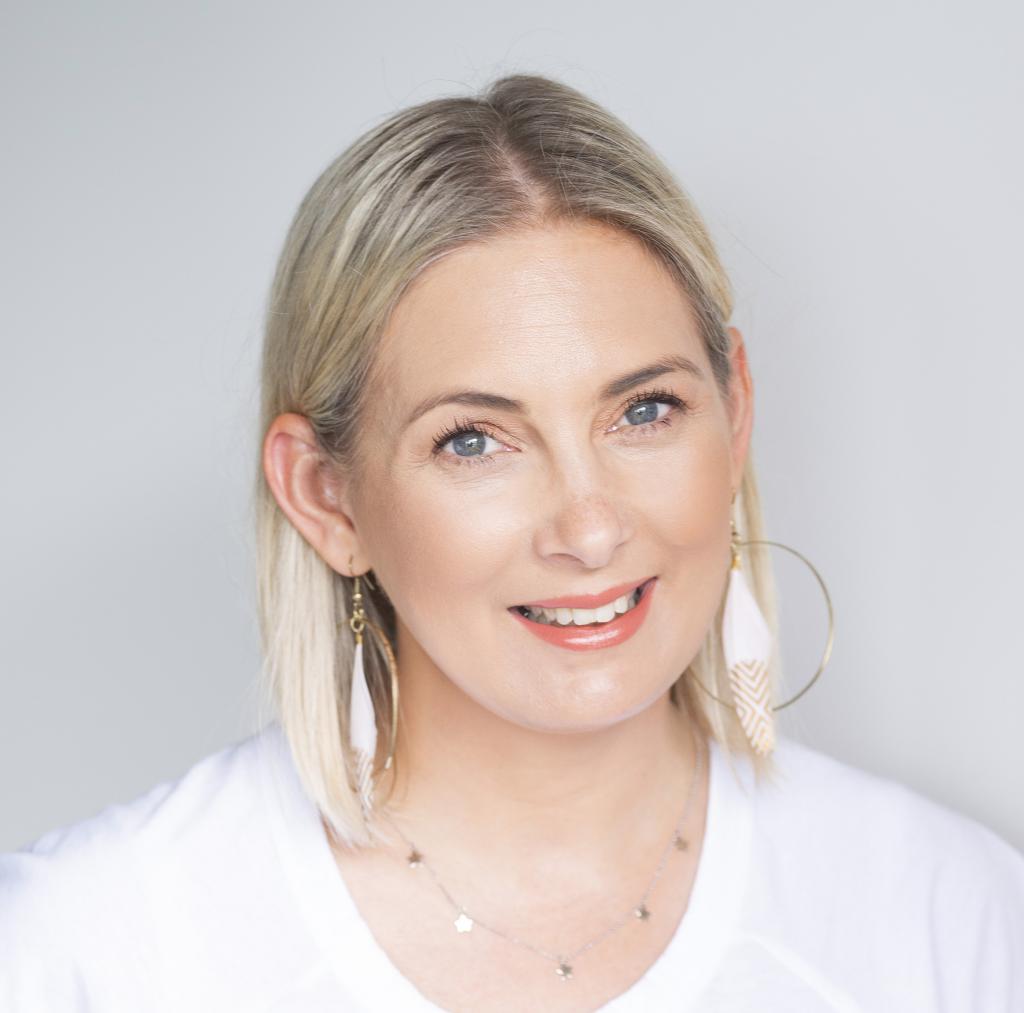
Although Clean Beauty Collective has picked up many emerging clean beauty brands, increasing e-commerce competition in the segment has led to bigger players being choosier about the e-tailers they sell to, and Insley has heard from some that want to hold off until they’re certain the business has legs. “I’m quite well-known here and have a network, but it’s been difficult to reach out to the brands abroad because they don’t know you,” she says. “It can be quite hard when you don’t have the connections and networks in place.”
To convince brands to sign up with Clean Beauty Collective, Insley explains its uniqueness in New Zealand, where there’s a consumer penchant for health and wellness, and emphasizes they can make a splash in the site’s limited repertoire. “At the moment, we only have 15 brands, so it’s easy to gain traction because there’s less clutter,” she says, adding, “There are other lifestyle sites that offer every category. I’m just focused on beauty, so I give more attention to and focus on the brands.”
“I’m a firm believer that there’s a place for safe synthetics. At the end of the day, I want a product that actually works. If a product doesn’t deliver or show a consumer a change, then I don’t think it will get a repeat purchase. To me, it’s about delivering on promises.”
Insley admits she’s still sorting through air freight procedures to nail down the best methods for Clean Beauty Collective. A product shipment can take three days or three weeks to get to her from the States. She holds a three-month supply of inventory to account for possible delays. The product prices on Clean Beauty Collective are typically in line with U.S. prices. Insley is keen on the site being competitive in the larger market.
As Clean Beauty Collective’s site establishes itself, Insley has begun to consider its progress from clicks to bricks. She will be testing various Auckland locations with pop-ups to determine if they could be suitable for a store. Simultaneously, she’s busy refreshing Skin Deep, which was founded 20 years ago by beauty therapist Judy Miller, who collaborated with Peter Molan, a professor and creator of the UMF Manuka honey grading system, to bring high-quality honey to its recipes. Insley is bullish on Skin Deep’s prospects in Asia, a region that’s demonstrated demand for beauty products from Australia and New Zealand.
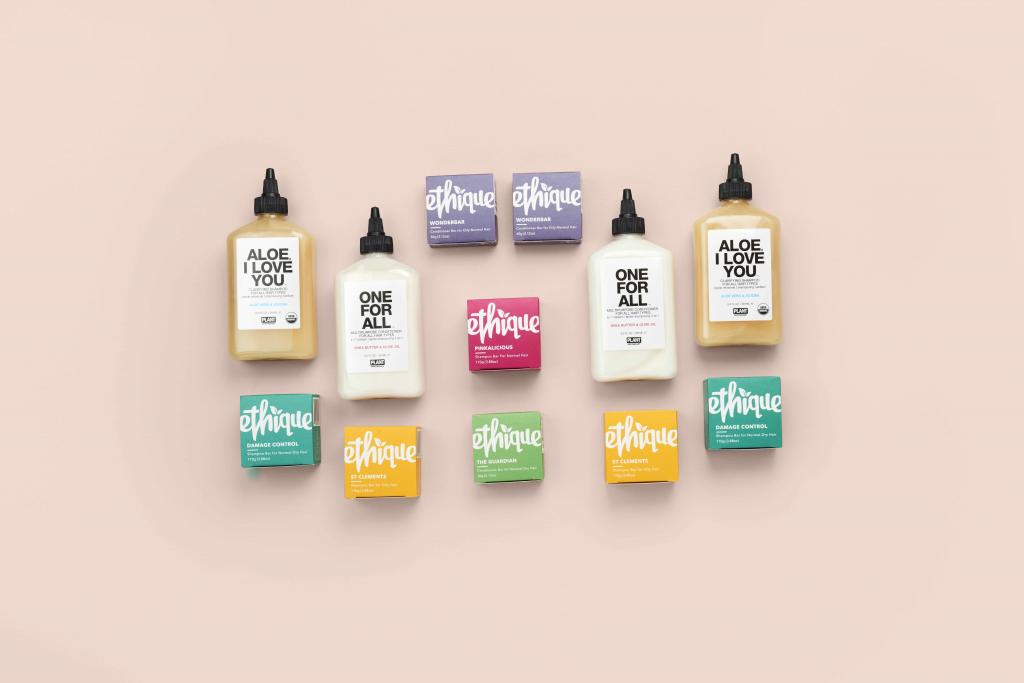
“I always had this thought in the back of my mind that I wanted to work within the natural cosmetics part of the industry. It only really fell into place for me through doing research for Skin Deep and where we wanted to take it,” she says. “We talk a lot about natural or organic beauty here, but not a lot about the whole premise of non-toxic and clean beauty. In a way, it’s funny because New Zealand is known for its green, clean image and, yet, we haven’t evolved in this space.”

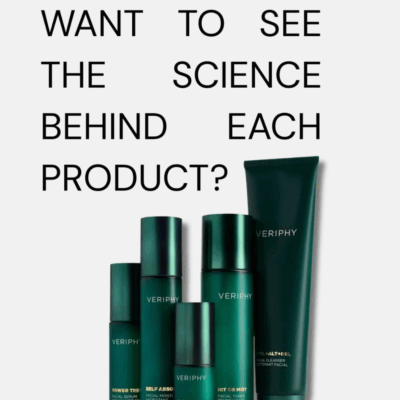
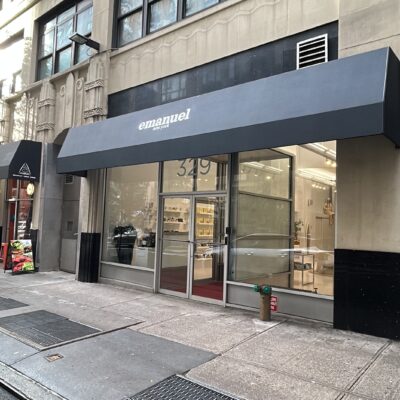
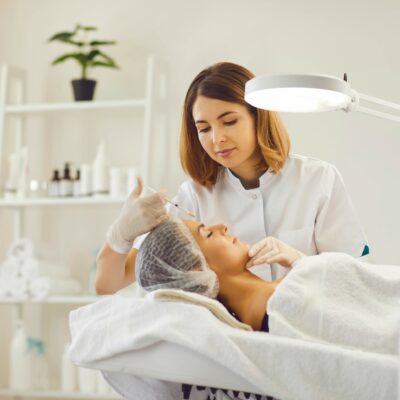

Leave a Reply
You must be logged in to post a comment.